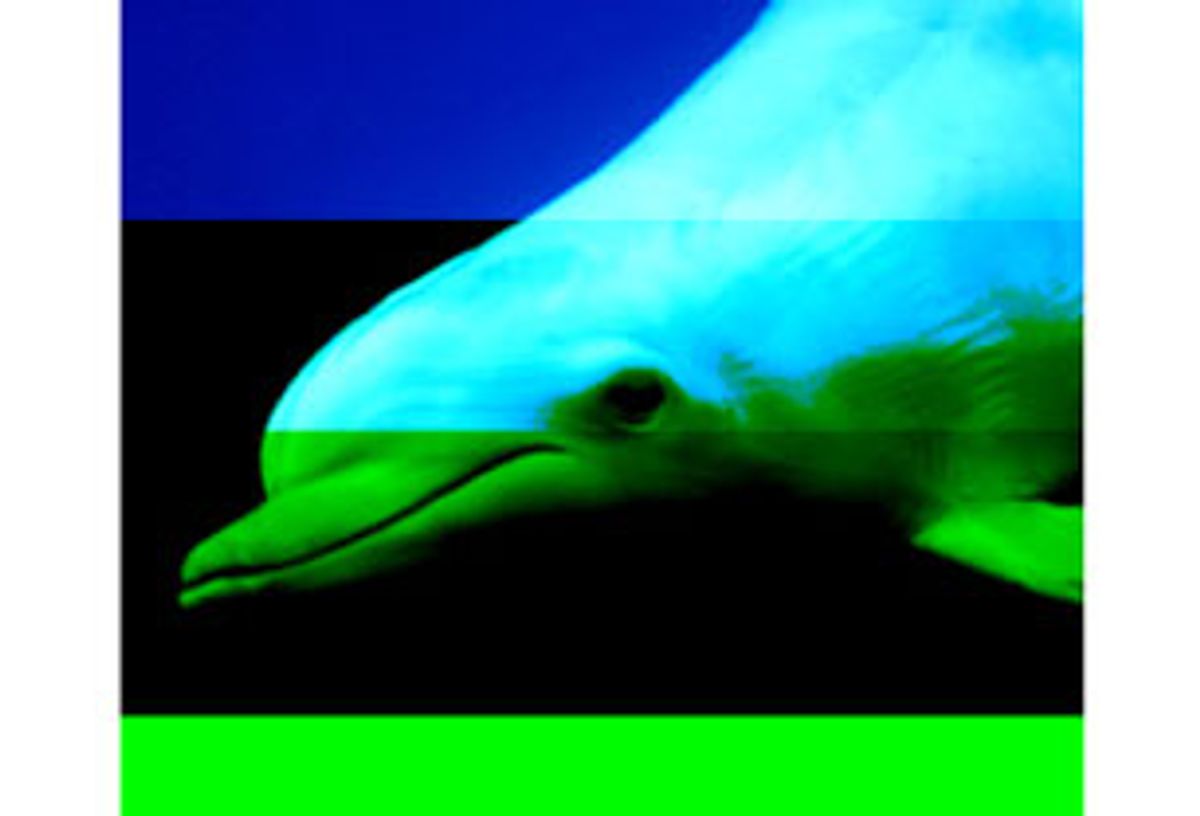My advanced biology class in Troy, Idaho, wants to cap off the year with a trip to South Florida to explore ecosystems that are new to us. We'd like to do as much as we can. Manatees, Everglades, dolphins, coral reefs -- we're up for anything in the name of biology (and fun!). Any suggestions?
Grab your snorkel gear and don your safari hat -- South Florida pulses with ecosystems that differ greatly from those in northern Idaho, and the climate also makes it just right for exhibiting species found beyond U.S. borders.
Take dolphins -- the Florida Keys are home to most of the limited number of U.S. programs where you can leap into confined waters to rub noses with Flipper. The basic programs run $75 to $100 and include some educational instruction. Some are fairly short, in-and-out swims; others are more extensive. Among them are the Dolphin Research Center in Marathon Shores, phone (305) 289-1121; the Theater of the Sea in Islamorada, phone (305) 664-2431; and Dolphins Plus in Key Largo, phone (305) 451-1993. Another Keys location, Hawk's Cay Resort, Mile Marker 61, Duck Key, phone (305) 743-7000, has a dolphin pen and education center called Dolphin Connection.
At the top of the Keys is Key Largo and John Pennekamp Coral Reef State Park, an outstanding location for snorkeling. The visitor center has a giant aquarium with a reconstructed reef and educational programs. You can also view the area by glass-bottom boat. A book that describes many natural attractions is "Hidden Florida Keys & Everglades" by Candace Leslie (Ulysses Press, 1998).
Exploring the Everglades region while riding an air boat is an unforgettable experience. Guided air boat tours are available through several operators, including the Everglades Alligator Farm, located just outside the national park. It has thousands of alligators and offers live alligator, snake and wildlife shows, run continuously during the day. Call (800) 644-9711.
You can locate many other Florida eco-destinations through FLA USA. Search for "eco" and dozens of sites pop up.
A company called EcoExperience in Jupiter, an hour and a half north of Miami, is a lodging, education and research center in the works on the east side of Lake Kissimmee. Call (561) 744-5931.
Several eco-oriented books can help you plan your learning holiday, including "Eco-Journeys: The World Guide to Ecologically Aware Travel and Adventure" by Stephen Foehr (Noble Press) and "Environmental Vacations: Volunteer Projects to Save the Planet" by Stephanie Ocko (John Muir Publications).
Books such as these can steer you toward destinations and companies that offer eco-oriented itineraries -- and help you build your own itinerary even if you don't sign up for a packaged tour.
The Great Outdoor Recreation Pages site has an Ecology section with links for local clubs and regional resources that would be worth contacting. There also are forums for asking other travelers about their trips.
How safe is Puerto Rico for a woman traveling alone -- and who doesn't speak any Spanish -- in the off-peak season? San Juan, El Yunque, Luquillo and Rincon are the areas I'm interested in.
Much of Puerto Rico's crime is related to drugs and does not affect visitors, but all tourists should take some common-sense precautions to avoid problems. Women, and especially women on the street alone, can expect to receive unwanted attention in certain situations.
All visitors, regardless of gender, should know that San Juan has neighborhoods they should avoid. They also should avoid solitary beach areas, whether in San Juan or in other areas of the island. At night, steer clear of Condado Beach. Visitors who stick strictly to the tourist trail should practice usual alertness, but independent travelers wandering off that trail should consider asking local authorities about recent problem areas.
For a thorough discussion of conditions women travelers can expect, check out the recently published Lonely Planet guide to Puerto Rico by Randall S. Peffer. Some of the points there relate to fashion -- dress like a cruise ship passenger and you'll be harassed by touts; dress fashionably and you'll be accosted by self-styled lotharios.
There is also commentary on rape and the hazards of traveling by public transit at night.
Many safe-travel strategies are covered in the book "Safety and Security for Women Who Travel" by Sheila Swan and Peter Laufer (Travelers' Tales Guides, 1998).
What is the protocol for tipping the owners/innkeepers at a B&B? I've heard that you should never tip the owner of any business.
Bed and breakfasts come in many forms -- from "pure" B&Bs in the English tradition, where the owners live on the premises and do all the innkeeping themselves, to B&B networks owned by companies that hire inn managers and maids.
If you stay at an owner-run B&B, I see no requirement to tip unless some special service or kindness has been provided -- true in any circumstance. The owners have the option of increasing rates if they don't think they're doing well enough. Still, many B&B owners are so accommodating and helpful that their guests like to show their appreciation.
If the B&B employs managers and/or housekeepers, tip as you would in a hotel.
This presents an awkward irony, of course -- on one hand you've got the hard-working innkeeper-owner going tipless, while the larger organization seems somehow more deserving of tips. If this troubles you, tip away at the smaller inns as well, or show your appreciation by becoming a returning guest.
Most guides to tipping don't mention B&Bs, but if you're interested in the topic generally, look at the Original Tipping Page.

Shares